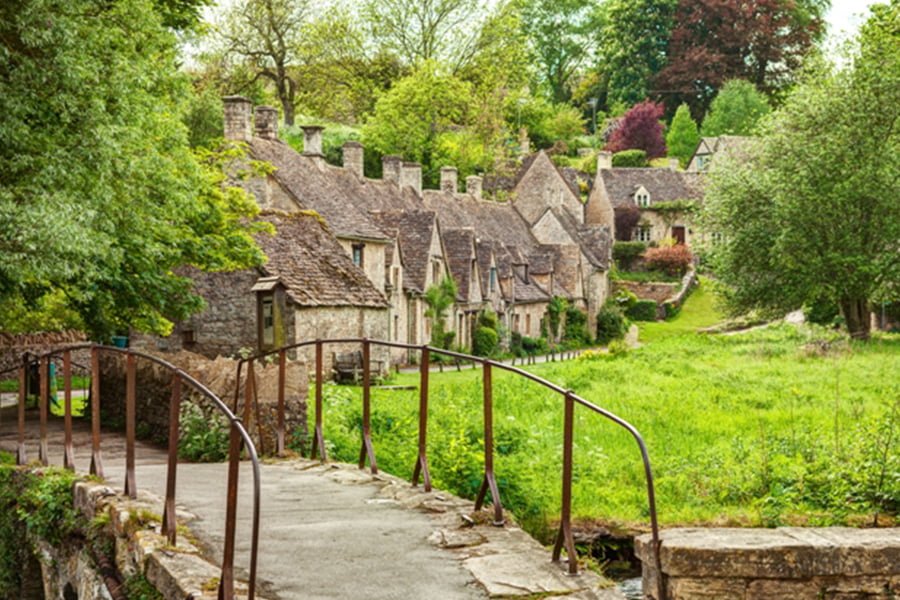
TEP’s planning team often works on complex sites with sensitive environmental constraints. Our planners assess positive and possible negative effects and we work with clients to mitigate any potential harm at the same time as promoting sustainable development.
Cotswold District Council instructed us to help with a planning application for a multi-storey car park at Waterloo in the east of Cirencester, an important historic market town in the Cotswolds.
The site adjoins the Cirencester Town Centre Conservation Area and is archaeologically sensitive as it is in the Corinium Roman Town. This part of Cirencester is a designated Scheduled Monument of national importance. The site is already in use as a car park with 235 spaces. However, since 2015 there has been exponential growth in demand for peak-time parking in Cirencester, with a shortfall of 500 parking spaces across the town. The Waterloo site is well-located and has capacity to provide approximately 600 spaces.
The development requires EIA and legislation requires Environmental Statements (ES) to be prepared by ‘competent experts’. TEP can provide this service as it has Chartered Members of the RTPI, is a Corporate Member of IEMA, holds the EIA Quality Mark accreditation and has undertaken over 30 EIA related project tasks in the last three years.
This development encompasses all of TEP’s in-house expertise in one project. In addition to undertaking the EIA coordination, TEP produced the Townscape and Visual Impact Assessment (TVIA) chapter of the ES and supporting documentation (including photomontages of the scheme). The Heritage Chapter and supporting Scheduled Monument Consent applications (including preliminary site investigations). The hard and soft landscape design, ecology and arboricultural surveys and reports, and the full suite of supporting planning documentation.
The sensitive historical setting and archaeology means that the scheme is subject to a carefully prepared planning case, based on the benefits versus the recognised harm. The planning team has been working closely with Cotswold District Council, its planning officers and urban design officer, as well as statutory consultees such as Historic England and the Environment Agency. We have looked to ensure all technical matters are addressed where possible, or minimised where harm is still identified. Public consultation has played a significant role in the process, as TEP also attended a number of public meetings to present a summary of the ES and planning case to keep the public informed of the proposals and answer questions.If you would like planning advice, a development appraisal undertaking, or technical support on a project or site please do not hesitate to contact us. We can provide single supporting documents to sit alongside other project team documentation, or project manage the whole process from site selection, planning permission, to discharging planning conditions








